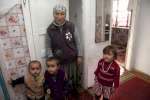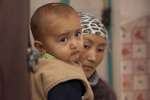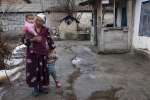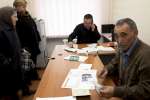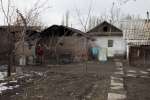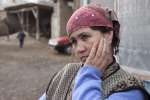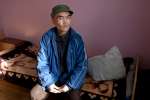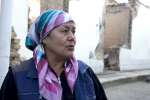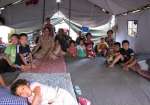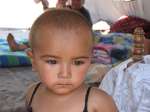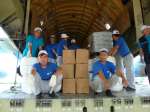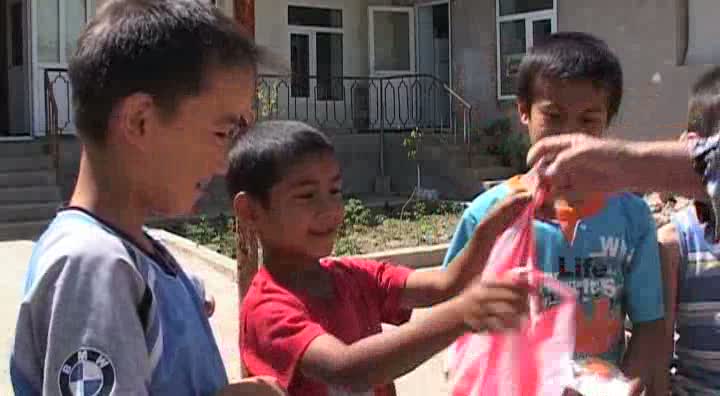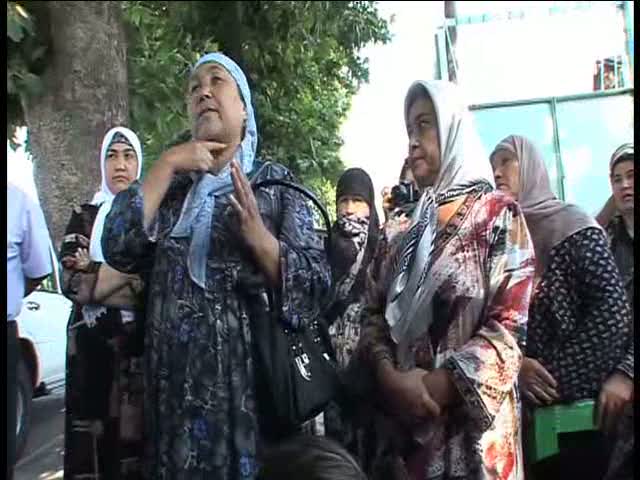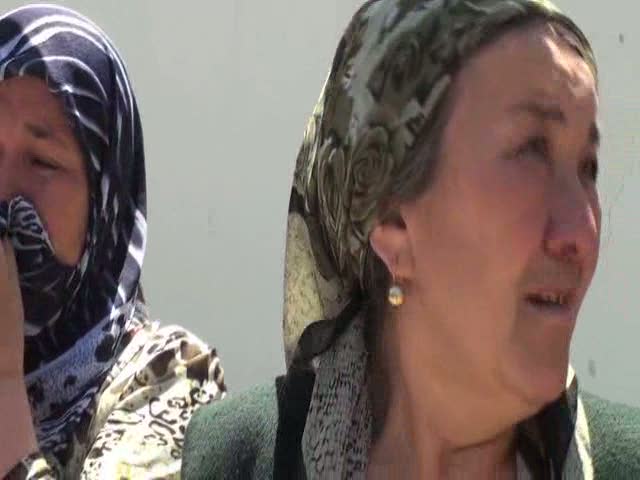- Text size
 |
|  |
|  |
| 
- Français
Southern Kyrgyzstan needs continued support - UNHCR
Briefing Notes, 28 October 2011
This is a summary of what was said by UNHCR spokesperson Adrian Edwards – to whom quoted text may be attributed – at the press briefing, on 28 October 2011, at the Palais des Nations in Geneva.
The UN refugee agency is calling for continued support for southern Kyrgyzstan in the wake of the violence of June 2010. Presidential elections in Kyrgyzstan are scheduled for this Sunday, and while the overall situation is peaceful tensions nonetheless persist in some locations that suffered inter-communal violence during the summer of 2010. Hundreds of people were left dead or injured by the events of that period, several thousand houses and businesses were looted and destroyed, and 400,000 people were displaced within the country and into Uzbekistan.
President Otunbaeva, Parliament and other stakeholders have appealed to all citizens of Kyrgyzstan to demonstrate mutual respect and tolerance and avoid any actions that could contribute to fueling conflict on national, regional, or religious grounds.
Last year, UNHCR provided rapid life-saving non-food and protection aid to some 400,000 displaced persons. An emergency transitional shelter project supported return and reintegration to around 15,000 families who had lost their houses – with new warm, seismic safe and culturally-acceptable homes before the onset of winter 2010-2011.
Our activities have also reached out into conflict prone areas – some very remote – throughout the volatile Ferghana valley provinces in South Kyrgyzstan that border Uzbekistan and Tajikistan.
UNHCR teams continue to monitor the situation in fifty locations and assist communities and authorities to promptly identify and mitigate sources of conflict. More than one hundred community-based quick impact projects promote reconciliation through small infrastructure, livelihood and communication activities.
In January 2011 UNHCR launched a supplementary budget appeal amounting to US$11.4 million to continue protection interventions and to implement peace building initiatives that promote reconciliation and prevent renewed conflict and displacement. Thanks to the generous support of donors UNHCR has achieved tangible results in reducing tension and potential sources of conflict. However, several important objectives, including our reconciliation efforts, are currently challenged by a funding gap of US$ 3.8 million.
In particular, UNHCR need funds to support vulnerable people, including internally displaced persons and returnees, to survive the coming winter, where temperatures will again drop to minus 10-15 Celsius even in the densely populated valleys of mountainous Kyrgyzstan. There are some 60,000 people who remain displaced in the country.
In view of ongoing threats to peace and stability, UNHCR feels the need to continue promoting reconciliation and prevent new displacement. We are seeking donor support, in bridging the financial gap, to implement another one hundred community-based quick impact projects.
For further information on this topic, please contact:
-
In Bishkek, Natalia Prokopchuk on mobile +996 77 598 4224
-
In Geneva, Babar Baloch on mobile +41 22 79 557 91 06
